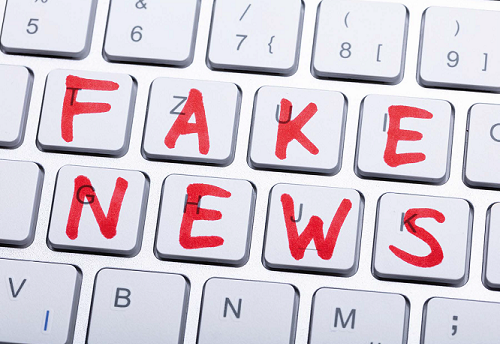REPORTS
The Psychology of Fake News
This volume examines the phenomenon of fake news by bringing together leading experts from different fields within psychology and related areas, and explores what has become a prominent feature of public discourse since the first Brexit referendum and the 2016 US election campaign.
Dealing with misinformation is important in many areas of daily life, including politics, the marketplace, health communication, journalism, education, and science. In a general climate where facts and misinformation blur, and are intentionally blurred, this book asks what determines whether people accept and share (mis)information, and what can be done to counter misinformation? All three of these aspects need to be understood in the context of online social networks, which have fundamentally changed the way information is produced, consumed, and transmitted. The contributions within this volume summarize the most up-to-date empirical findings, theories, and applications and discuss cutting-edge ideas and future directions of interventions to counter fake news.
Also providing guidance on how to handle misinformation in an age of fake news this is a fascinating and vital reading for students and academics in psychology, communication, and political science and for professionals including policy makers and journalists.
Rainer Greifeneder is Professor of Social Psychology at the University of Basel, Switzerland. His research focuses on the impact of feelings on judgment, individuals’ experiences and perceptions of being socially excluded, and the way individuals construe truth.
Mariela E. Jaffé is Postdoctoral Researcher in Social Psychology at the University of Basel, Switzerland. Her research interests focus on the construal of truth, individuals’ preferences regarding diversity, and the use of decision-making aids.
Eryn J. Newman is Lecturer at the Australian National University. Her research focuses on how people come to believe and remember things are true and how tangential information or “pseudo-evidence” can bias people’s assessments of information they encounter.
Norbert Schwarz is Provost Professor of Psychology and Marketing and Co-director of the Mind & Society Center at the University of Southern California. His research addresses the context sensitive and embodied nature of judgment and decision making and its implications for public opinion, consumer behavior, and social science research.
Download The Psychology of Fake News now.






